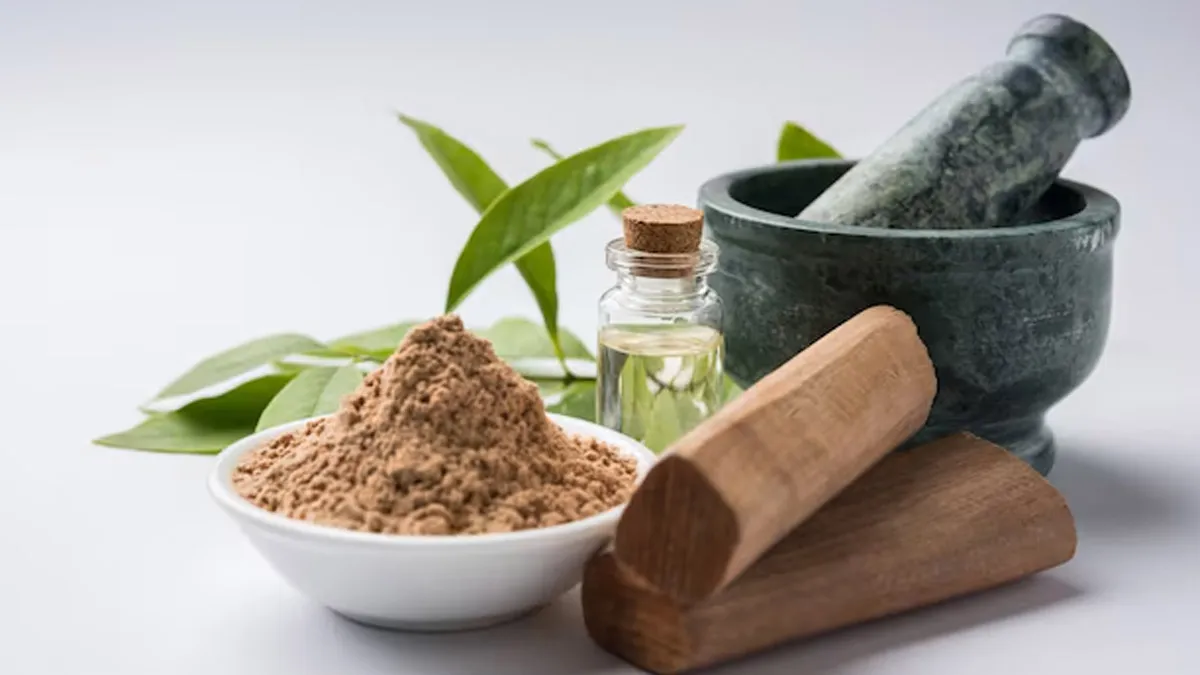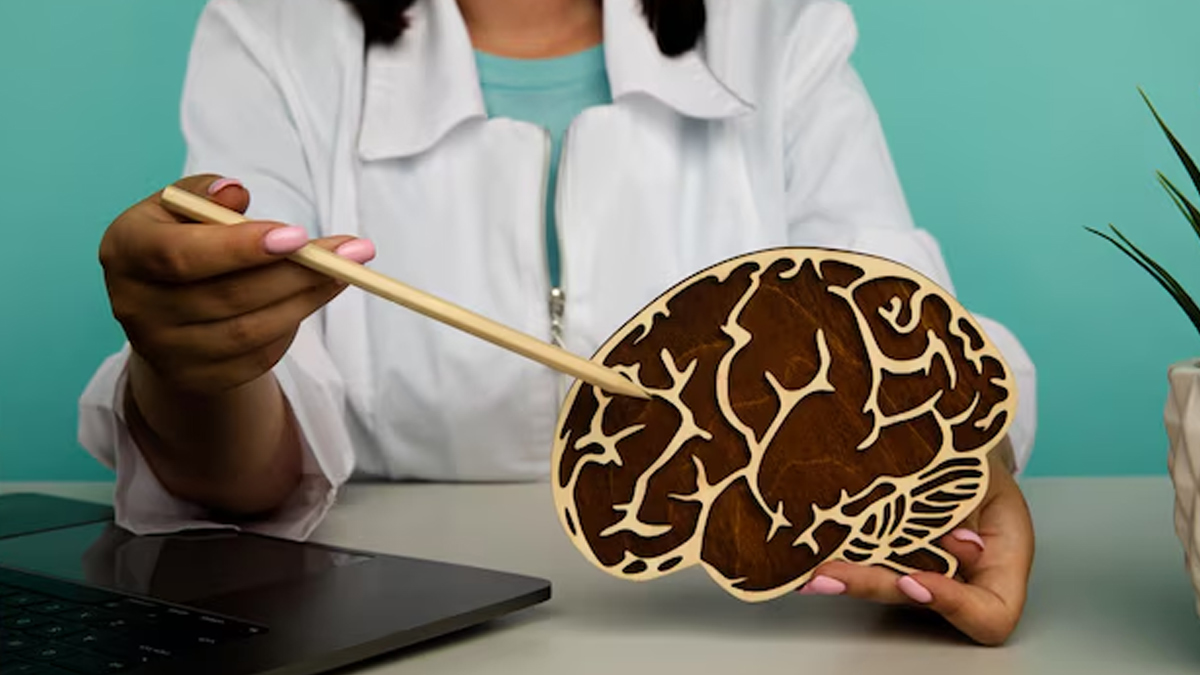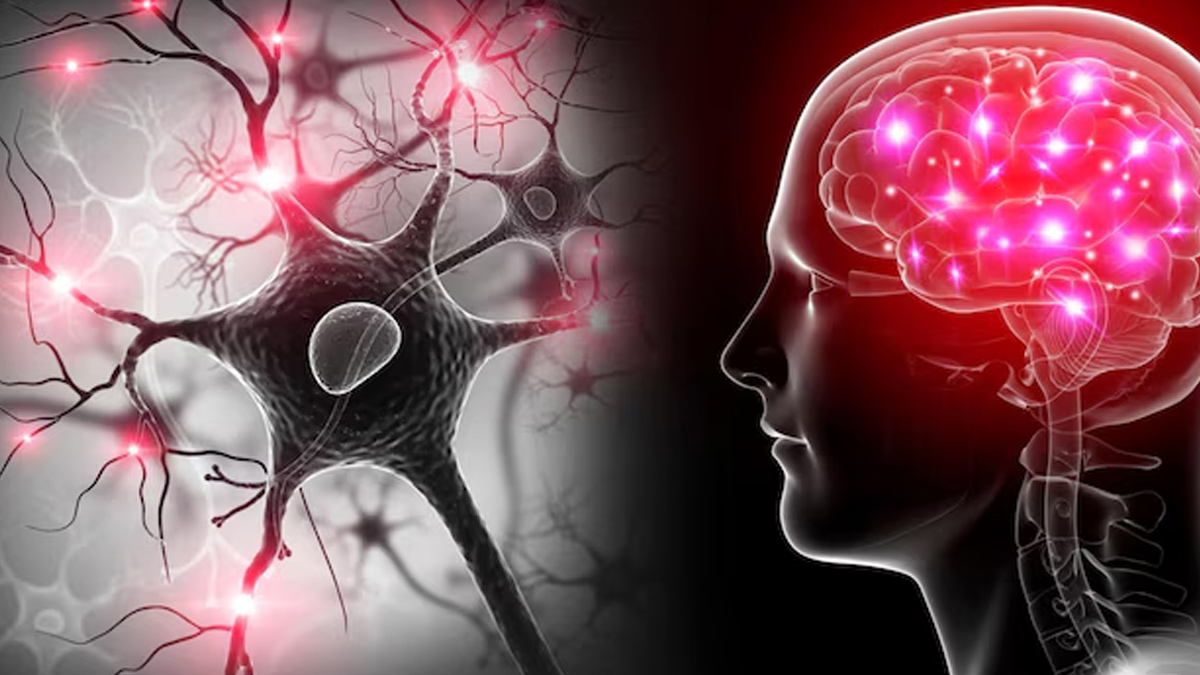
Neurodegenerative diseases have been known for being destructive and unforgiving. Diseases like Parkinson’s Disease (PD), Alzheimer’s and Dementia know no cure, and can only be managed until the disease progresses and gets worse. However, a new Ayurvedic cure provides hope for these diseases. A press release by the Department of Science and Technology, Government of India, hails and highlights the intricacies of this discovery.
Table of Content:-
RELATED: Could Your Sense of Smell Predict Early-Onset Neurological Diseases? Hear From An Expert
What Are Neurodegenerative Diseases?

Neurodegenerative diseases refer to conditions that gradually damage and destroy parts of the nervous system, especially in the brain. These disorders often develop slowly, with their symptoms typically appearing later in a person's life. This term encompasses a wide variety of conditions rather than just one specific illness; it includes several types of diseases such as Alzheimer’s disease, Parkinson’s disease, dementia, and others.
Role Of Amyloid Proteins In Neurodegenerative Diseases
Clinical research highlights that amyloid proteins, often seen as the main cause of many neurodegenerative diseases, form harmful strains that drive these conditions. Key proteins linked to such diseases include amyloid beta (Aβ) and tau in Alzheimer’s, α-synuclein in Parkinson’s, and TDP-43 in ALS. These proteins are naturally disordered and easily group together into dense clusters called biomolecular condensates.
Lasunadya Grhita As A Potential Cure
-1737436248931.jpg)
As per the press release, a research team at the Bose Institute in Kolkata, which operates under the Department of Science and Technology, has applied two different approaches. Researchers initially used chemically synthesized peptides to target amyloid beta aggregation. They also repurposed Lasunadya Ghrita (LG), a traditional Ayurvedic medicine previously effective in treating depression-related mental illnesses.
The non-toxic components of LG were identified and modified to combat amyloid beta 40/42 (Aβ) aggregation. An aqueous extract of these components, called LGWE, disrupted the fibrillation process during the elongation phase and stopped oligomer formation in the early stages of the fibrillation pathway.
Importantly, LGWE was more effective than chemically synthesized peptides at breaking down amyloid aggregates into harmless, smaller, degradable molecules, highlighting its unique role in disaggregating amyloid-prone proteins. Their results were published in the reputable journal Biophysical Chemistry (Elsevier).
What Does Lasunadya Grhita Consist Of?
Lasunadya Grhita is made from garlic, dried ginger, black pepper, aged ghee, honey, asafoetida, among other ingredients.
Garlic
Garlic is rich in antioxidants that aid the body’s defenses against oxidative damage. Springer research indicates that these antioxidants may significantly dial down oxidative stress and reduce the risk of related disorders, such as Alzheimer’s disease, which is the most prevalent form of dementia.
Research suggests that allicin in garlic could also help safeguard against cognitive deterioration. Some studies have also identified garlic supplements as beneficial for individuals with Alzheimer’s disease directly.
Dried Ginger

Research indicates that compounds found in ginger may help avert degenerative diseases like Alzheimer’s, Parkinson’s disease, and multiple sclerosis.
Oxidative stress and chronic inflammation might be significant factors contributing to Alzheimer’s disease and age-related cognitive decline. Studies highlight that the antioxidants and bioactive compounds in ginger can suppress inflammatory processes occurring in the brain, potentially aiding in the prevention of cognitive decline.
Black Pepper
A study involving rats with Alzheimer’s disease discovered that piperine enhanced memory, as its distribution allowed the rats to navigate a maze more efficiently than those who did not receive the compound.
In another study, piperine extract appeared to reduce the formation of amyloid plaques, which are dense accumulations of harmful protein fragments in the brain associated with Alzheimer’s disease.
Raw Honey
Unprocessed honey might offer various cognitive advantages. A review of studies indicates that honey could enhance memory capabilities, offer neuroprotective properties and mitigate the impact of oxidative stress on the brain, lower the chances of metabolic syndrome, which could heighten the risk of neurodegenerative disorders such as Alzheimer’s disease, boost mood and alleviate stress.
RELATED: Can ‘Brain Fog’ After A Viral Infection Be Linked To Neurological Inflammation? Neurologist Answers
How we keep this article up to date:
We work with experts and keep a close eye on the latest in health and wellness. Whenever there is a new research or helpful information, we update our articles with accurate and useful advice.
Current Version